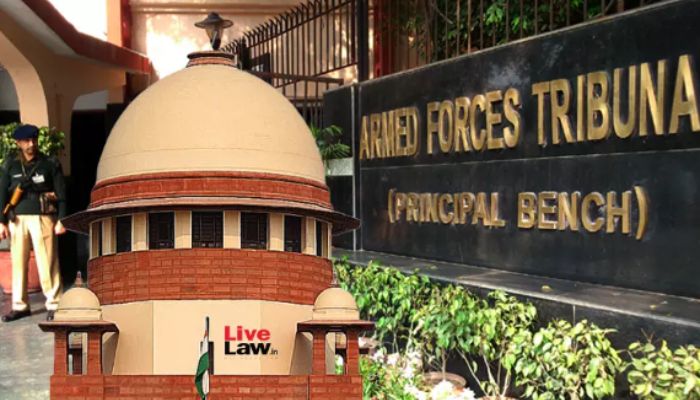In a pivotal ruling highlighting the importance of personal liberty and the right to privacy, a Delhi court dismissed a plea by an Indian Army Major seeking hotel CCTV footage to support his allegation of his wife’s extramarital affair with another Army officer. The court’s judgment has ignited a fresh conversation about fidelity, privacy, and the limits of legal intervention in personal relationships, especially involving individuals in the armed forces.
The Case in Brief
The petitioner, a serving Major in the Indian Army, accused his wife of engaging in an affair with another Major. To support his claims, he approached the court seeking access to hotel CCTV footage and booking details of the alleged couple. The court, however, firmly rejected the request, stating that such demands infringe upon an individual’s fundamental right to privacy.

Civil Judge Vaibhav Pratap Singh, in his comprehensive order, emphasized that even individuals suspected of extramarital affairs are entitled to privacy, especially when in a private setting such as a hotel. He remarked that allowing third parties to access private data without legal grounds would not only violate privacy but also compromise natural justice.
Key Highlights of the Judgment
- Privacy is Paramount:
The court reiterated that every individual has the right to be left alone in private spaces, including hotels. This right extends to common areas as well, protecting them from third-party scrutiny unless there is a justified legal entitlement. - No Role of the Court in Personal Investigations:
The court clarified that it is not an investigative body for personal disputes. Legal proceedings should not be misused to gather evidence that could otherwise be pursued through designated internal mechanisms, especially in matters concerning armed forces personnel. - Fundamental Right to Privacy:
Releasing the hotel’s CCTV footage and booking details without involving the alleged couple in the lawsuit would violate their right to privacy and natural justice. The judge pointed out that neither the wife nor the alleged lover had been made party to the petition. - Burden of Fidelity Rests on the One Who Took the Vow:
Quoting Graham Greene’s The End of the Affair, the Judge asserted that fidelity is a personal commitment. The person who made the marital promise bears the responsibility, not an outsider uninvolved in the vow. This philosophical observation adds depth to the court’s legal rationale. - Modern Legal Framework Rejects Patriarchy:
Citing the 2018 Joseph Shine vs Union of India verdict, the court reaffirmed that adultery is no longer a criminal offense. The Supreme Court had rightly rejected the notion that a man could ‘steal’ a woman’s affection, which not only objectifies women but also denies them agency in relationships. The Parliament’s move to omit adultery laws in the Bharatiya Nyaya Sanhita (BNS) further underscores this shift.

Legal and Social Implications
This ruling is a reminder that Indian law has evolved to respect individual rights, even in morally complex scenarios. It marks a shift from viewing women as property in a marital contract to recognizing them as individuals with equal rights and agency.
Furthermore, the judgment establishes a clear boundary between legal procedures and personal vendettas. It also reaffirms the sanctity of privacy in a digital age where surveillance is easy, but justice must still follow due process.
For armed forces personnel, the judgment subtly redirects such matters to be dealt with internally under the Army Act, 1950. The court refused to let civilian judicial mechanisms be used as a shortcut for gathering evidence in disciplinary or personal matters.
Conclusion
The Delhi court’s ruling is a landmark in reinforcing the constitutional right to privacy. By denying access to CCTV footage and hotel booking records without legal justification, it has protected not just the dignity of the individuals involved but also the integrity of judicial processes.
Frequently Asked Questions
1. Why did the Delhi court deny access to the hotel CCTV footage?
The court ruled that releasing such footage would violate the fundamental right to privacy of the individuals involved, especially since they were not made parties to the case.
2. What is the significance of quoting ‘The End of the Affair’ in the judgment?
The quote highlights that the responsibility of fidelity lies with the person who made the marital commitment, not with the outsider. It stresses personal accountability over blame-shifting.
3. How does this case relate to the Supreme Court’s adultery ruling?
The court referenced the 2018 Joseph Shine judgment, which decriminalized adultery and emphasized women’s agency, rejecting the idea that they are passive participants in relationships.
4. Can civilian courts interfere in personal matters involving Army officers?
Only to a limited extent. The court suggested that internal remedies under the Army Act should be the first approach in such cases, not civilian courts.
5. Is adultery still a punishable offense in India?
No, adultery is no longer a criminal offense in India. The Supreme Court decriminalized it in 2018, and the updated Bharatiya Nyaya Sanhita does not include it as an offense.










